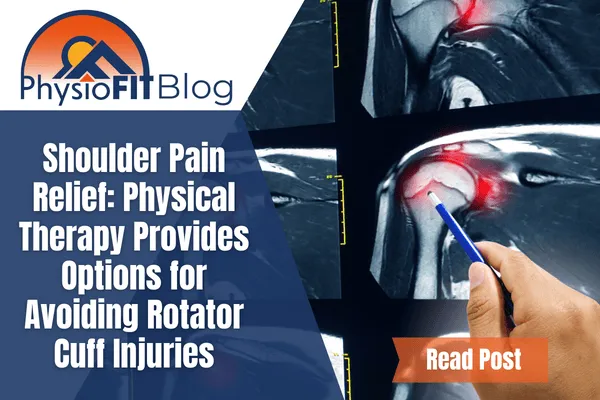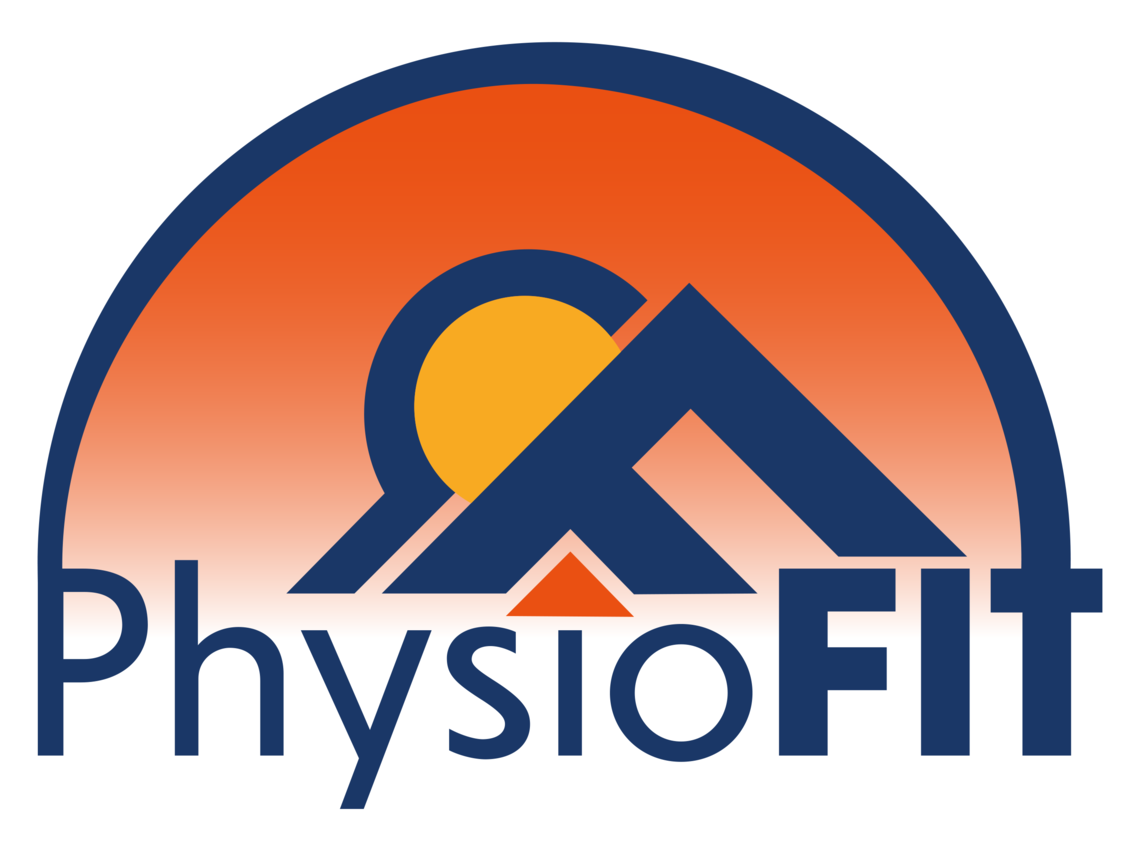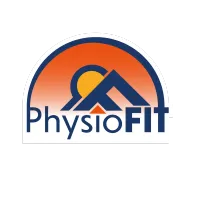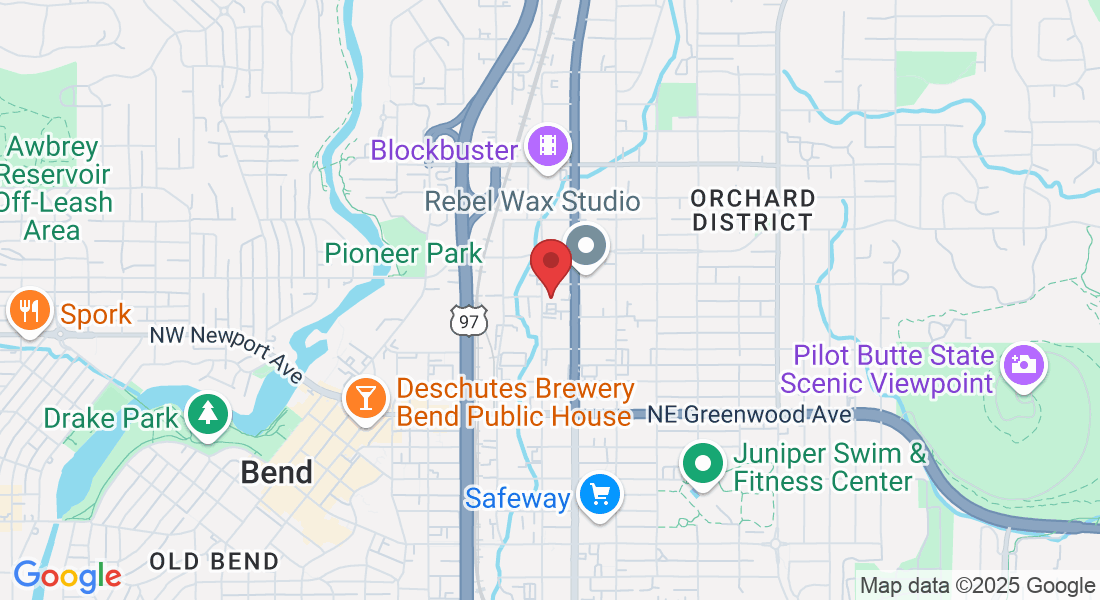Chronic Headache Relief
Free Your Mind From Chronic Headaches
Headaches are an occasional unwelcome guest for many of us, but when they become a frequent visitor, you may be dealing with chronic daily headaches. A broad term that includes various subtypes defined by their frequency and duration. These headaches can be significantly debilitating, but with assertive initial treatment and ongoing management, pain reduction and fewer headaches are achievable. If this strikes a chord with your experience, don't hesitate to schedule an appointment with us.
Discover Unprecedented Relief from Chronic Headaches at PhysioFit: We prioritize personalization in your healthcare journey, acknowledging that individuals with Chronic Headaches necessitate distinct treatment strategies. Utilizing the potency of empirically-supported, fitness-centric physical therapy in bend, we aim to do more than merely alleviate your symptoms. Our mission encompasses the enhancement of your holistic health, prevention of enduring pain, and speeding up your recuperation period, enabling a smooth transition back into your daily routines.
What You Should Know
Migraine headaches can be categorized into two types: episodic and chronic. While chronic migraines happen more than 15 days in a month, episodic ones occur less frequently.
The very medicine you're consuming for headache relief could potentially be causing headaches: Taking pain relievers beyond two days a week, even common ones such as ibuprofen, puts you at risk for what's known as a rebound headache. Similarly, abruptly discontinuing regular pain medication can provoke headaches.
The origin of your headaches may not necessarily be your head: Secondary headaches stem from an underlying health issue, like degenerative disc disease in the spine, sinus infections, or past experiences of head trauma. Although infrequent, persistent headaches and visual disturbances can also be caused by brain tumors.
A proper diagnosis of a TMJ or TMD problem involves a thorough evaluation from a professional.

What Causes Chronic Headaches?
The triggers of numerous chronic daily headaches remain somewhat elusive. Authentic (primary) chronic daily headaches don't present with a detectable root cause.
However, a series of conditions could instigate nonprimary chronic daily headaches, such as:
Vascular Issues: Any inflammation or complications with the blood vessels surrounding or within the brain, including serious events like a stroke, could trigger chronic daily headaches.
Infectious Diseases: Certain infections, notably meningitis, can also result in the manifestation of chronic daily headaches.
Intracranial Pressure Discrepancies: Abnormally high or low pressure within the skull could prompt these types of headaches.
Presence of a Brain Tumor: Brain tumors, whether malignant or benign, could be a potential cause of chronic daily headaches due to the pressure they exert on surrounding brain tissue.
Traumatic Brain Injury: Traumatic events causing injury to the brain can also be a catalyst for chronic daily headaches, as the brain recovers and copes with the trauma.
If any of this information resonates with your current situation, we urge you to schedule an appointment with us immediately. Don't let hip pain diminish your life quality - allow us to help you embark on the path to relief today.
Can Chronic Headaches Be Prevented?
The short answer is yes, chronic headaches can often be prevented, or at least their frequency and intensity can be significantly reduced. The following strategies focus on lifestyle changes and self-care measures which can help you manage and potentially prevent chronic headaches:
Identify Headache Triggers: Proactively documenting each headache in a journal can highlight patterns and triggers, thereby helping you to avoid these. Make sure to record important details like the time the headache started, what you were doing, and how long it lasted.
Cautious Medication Usage: Excessive consumption of headache medications, including over-the-counter ones, can increase the severity and frequency of headaches. It's advisable to consult your doctor for a safe plan to gradually reduce medication use, as abrupt discontinuation can lead to severe side effects.
Quality Sleep: For an average adult, 7-8 hours of sleep a night is essential. Try to maintain a consistent sleep schedule and seek medical advice if you have sleep disturbances, such as snoring.
Regular, Balanced Meals: Aim to eat healthy meals at consistent times daily. Be mindful of potential food and drink triggers like caffeine, and adjust your diet accordingly. Weight loss should be considered if obesity is a concern.
Regular Exercise: Engage in routine aerobic activities to improve your physical and mental well-being and reduce stress. Choose enjoyable activities like walking, swimming, or cycling, and remember to gradually increase the intensity to prevent injury.
Stress Management: Stress can often trigger chronic headaches. Incorporate stress-reducing techniques into your routine such as yoga, tai chi, and meditation. Moreover, staying organized, planning ahead, and maintaining a positive outlook can greatly help in managing stress.
Moderate Caffeine Intake: While caffeine is included in many headache medications due to its pain-alleviating properties, it can also exacerbate headaches. Try to reduce or completely remove caffeine from your diet.

Common Symptoms of Chronic Headaches
Chronic daily headaches, as the name implies, occur more than half the month, lasting for a period exceeding three months. Primary chronic daily headaches are those not precipitated by any underlying health condition.
These headaches can be of shorter or longer duration. Those falling in the long-lasting category persist for over four hours. The types of long-lasting chronic headaches encompass:
Persistent Migraines
Continuous Tension-Type Headache
Newly Appearing Daily Persistent Headache
Hemicrania Continua
Remember, if you resonate with any of the symptoms or conditions mentioned, we highly recommend making an appointment with us for a thorough evaluation and personalized treatment plan.
Please Note: The information provided on our website is intended for general education and is not a substitute for professional medical advice. Each individual's situation and body is different. Therefore, what may work for one person may not work for another. We care about your well-being and advise you to reach out to us to discuss your specific needs before implementing any advice from our website.
Your Source for All Things Physical Therapy in Bend Oregon
The PhysioBlog

Shoulder Pain Relief: Physical Therapy Provides Options for Avoiding Rotator Cuff Injuries
Understanding Shoulder Pain and Rotator Cuff Injuries
Please Note: The information provided on our website is intended for general education and is not a substitute for professional medical advice. Each individual's situation and body are different. Therefore, what may work for one person may not work for another. We care about your well-being and advise you to reach out to us to discuss your specific needs before implementing any advice from our website.
Introduction
Shoulder pain is a common complaint that can stem from various causes, one of the most prevalent being rotator cuff injuries. These injuries can significantly impact a person's quality of life, making daily tasks challenging and limiting physical activities. In Bend Oregon, the PhysioFIT physical therapy clinic is dedicated to helping individuals manage shoulder pain and prevent rotator cuff injuries through our “fitness-centric” physical therapy approach.
Understanding Shoulder Pain
Shoulder pain can arise from various conditions, including arthritis, bursitis, and tendonitis. However, one of the most common sources of shoulder pain is overuse or some trauma leading to a rotator cuff injury. The rotator cuff is a group of muscles that stabilize the shoulder joint by maintaining proper congruence and motion between the scapula and humerus. When these tissues are damaged, it can result in severe pain, weakness, and limited mobility.
According to Healthline, shoulder pain affects millions of Americans each year, with rotator cuff injuries accounting for a significant portion of these cases. These injuries can severely impact an individual's ability to perform daily activities and maintain an active lifestyle.

What are Rotator Cuff Injuries?
Rotator cuff injuries typically involve damage to the tendons, which can occur due to acute trauma, such as a fall, or chronic wear and tear, often resulting from repetitive overhead motions.
According to the Mayo Clinic, rotator cuff injuries are common and increase with age. These injuries can cause a dull ache in the shoulder, disturb sleep, and make it difficult to perform activities that involve lifting the arm.
At PhysioFIT, we frequently treat patients with rotator cuff injuries providing pain relief as soon as possible. Our team of physical therapists uses a variety of techniques to alleviate pain, improve mobility, and strengthen the shoulder muscles to prevent further injury.
The Role of Physical Therapy in Shoulder Health
Physical therapy plays a crucial role in managing shoulder pain and preventing rotator cuff injuries. Physical therapists can provide personalized treatment plans that include pain management strategies, strengthening exercises, and education on how to avoid or improve the mechanics of movements that are associated with injury. It’s important to get a proper evaluation from a professional, so as not to further aggravate any potential injury that may be present.
At PhysioFIT, our physical therapists are experts in shoulder health and we don't want to prevent you from enjoying all that Central Oregon has to offer any longer than you have to. So we work closely with our patients to understand their specific needs and goals, and we develop customized treatment plans that aim to alleviate pain, improve function, and prevent future injuries. Our approach to treatment is holistic with a "fitness-centric" approach, considering the overall health and well-being of our patients in addition to their shoulder health.
Through physical therapy, individuals suffering from shoulder pain can gain relief and learn strategies to prevent future injuries. At our physical therapy clinic we are committed to helping our patients achieve optimal shoulder health and an improved quality of life. We won’t just mask the symptoms or put you through the motions, we want you back in action as soon as possible, equipt with the tools to prevent further injuries in the future.
Shoulder Pain and Rotator Cuff Injury Prevention
Prevalence of Rotator Cuff Injuries
Rotator cuff injuries are a common cause of shoulder pain and disability among adults. In fact, almost 2 million people in the United States visit their doctors each year due to rotator cuff injuries. These injuries can significantly weaken your shoulder, making many daily activities, like combing your hair or getting dressed, painful and difficult to do.
Rotator cuff injuries are more common in the dominant arm — the arm you prefer to use for most tasks. If you have a degenerative tear in one shoulder, there is a greater likelihood of a rotator cuff tear in the opposite shoulder — even if you have no pain in that shoulder.

Symptoms and Diagnosis of Rotator Cuff Injuries
The most common symptoms of a rotator cuff tear include:
Pain at rest and at night, particularly if lying on the affected shoulder
Pain when lifting and lowering your arm or with specific movements
Weakness when lifting or rotating your arm
Crepitus, or a crackling sensation, when moving your shoulder in certain positions
Tears that happen suddenly, such as from a fall, usually cause intense pain. There may be a snapping sensation and immediate weakness in your upper arm. Tears that develop slowly due to overuse may also cause pain and arm weakness. You may have pain in the shoulder when you lift your arm, or pain that moves down your arm.
To diagnose a rotator cuff injury, your doctor should discuss your symptoms and medical history, then examine your shoulder. They may also examine your neck to make sure that it is not the true source of your pain, and to rule out other conditions.
Imaging tests, such as X-rays or magnetic resonance imaging (MRI), may be used to confirm the diagnosis. An MRI can show the rotator cuff tear, as well as where the tear is located within the tendon and the size of the tear.
Treatment Options for Rotator Cuff Injuries
The goal of any treatment is to reduce pain and restore function, we can do this in a multitude of ways, including manual therapy. There are several treatment options for a rotator cuff tear, and the best option is different for every person. In planning your treatment, your doctor or health professional like a physical therapist will consider your age, your activity level, your general health, the type of tear you have, as well as functional impairments.
Nonsurgical treatment options may include rest, activity modification, nonsteroidal anti-inflammatory drugs (NSAIDs), strengthening exercises and physical therapy, and steroid injections.
Physical therapy, such as the services provided by PhysioFIT, a leading provider of physical therapy in Bend, Oregon, can be particularly beneficial. Specific exercises can restore movement and strengthen your shoulder, relieving pain and preventing further injury.
In some cases, surgery may be recommended, particularly if your pain and function does not improve with nonsurgical methods or if you are very active and use your arms for overhead work or sports.
Preventing Rotator Cuff Injuries
Preventing rotator cuff injuries involves maintaining shoulder health and strength. This can be achieved through physical therapy techniques and proper warm-up before physical activities.
Physical therapy, such as the services we provide at PhysioFIT, can help to promote function, mobility, and range of motion, reducing the risk of rotator cuff injuries. Regular shoulder exercises can improve flexibility and endurance, further reducing the risk of injury.
Conclusion
Rotator cuff injuries are a common cause of shoulder pain and can significantly impact daily life. However, with the right treatment and preventive measures, it's possible to manage the pain and prevent further injuries. Physical therapy, in particular, plays a crucial role in both treatment and prevention.
At PhysioFIT, we are committed to helping our clients optimize their shoulder health and prevent rotator cuff injuries. Our team of experienced physical therapists in Bend, Oregon, provide personalized treatment plans tailored to each individual's needs. We believe that it's easier to stay healthy than regain lost capacity post-injury, and we're here to guide you every step of the way.
Remember, it's important to not just seek medical advice or physical therapy care if you're experiencing shoulder pain or suspect a rotator cuff injury. Prevention or early treatment can prevent your symptoms from getting worse,get you back to your normal routine quicker, or even prevent the injury from occurring in the first place.
Please Note: It's important to note that any exercises that are shared should be performed under the guidance of a qualified physical therapist in bend to ensure correct technique and to prevent injuries. A physical therapist can provide a customized exercise program based on the individual's fitness level, goals, and any existing injuries or conditions. If you’d like to explore this more or would like to schedule a time with a physical therapist, contact us atPhysioFITBend.com
Copyright PhysioFIT 2025 . All rights reserved


